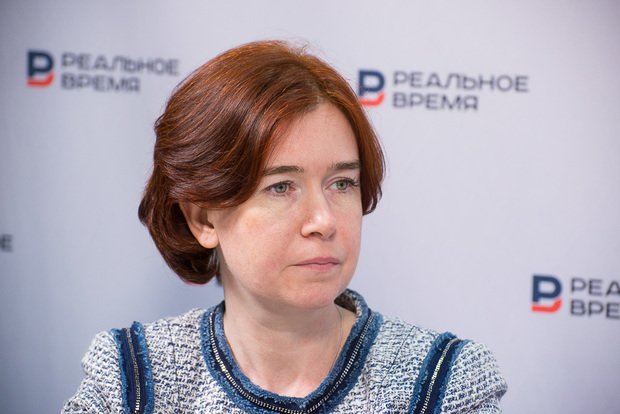''Ray of hope for 2018 lies in the expectations of the economic reform agenda''
Alfa Bank’s Natalia Orlova on what to expect from the Russian economy in 2018
On the threshold of this month's presidential election in Russia, local and international business communities are looking forward to seeing in what direction will the country's economy move. Chief Economist of Alfa Bank Natalia Orlova makes her assumptions on potential reforms, oil prices impact on the Russian economy and other related issues expected in 2018.
The ray of hope for 2018 lies in the expectations of the economic reform agenda that should be announced after the presidential elections, considers Alfa Bank's Chief Economist Natalia Orlova. In an interview with Global Risk Insights, she assumed that the chosen president would focus intensively on budget policy instead of prioritising large-scale reforms due to acute challenges facing the budget. Meanwhile, a new cabinet will need to strike a balance between the fulfilment of large social obligations, maintaining a certain level of state services and avoiding an increase in debt.
Funding the reforms will probably require an increase of the tax burden on individuals. While this unpopular measure looks inevitable, it is still painful and now looks likely to be postponed until 2020, believes Orlova. Aleksey Kudrin, whose economic strategy for 2018-2024 could become the basis for the new economic programme, recently called to redirect part of Russia's oil revenues from replenishing state reserves to human capital investment. However, given the depletion of the Reserve Fund in 2017, the government may reject such a move because of an increased pressure on state savings.

Currently, the Russian economy is less dependent on international energy markets. Higher oil prices now help stabilise the ruble exchange rate but don't bring more capital to Russia, partially because of the substantial deceleration of the growth rate and partially because of sanctions, said the economist. Nonetheless, the economy is still vulnerable to crude price volatility, as oil represented around 55% of Russia's export revenues and 40% of total federal budget revenues last year. Thus, a possible decrease in the global demand for oil due to advances in electromobility and a potential reduction in China's consumption may affect our economy adversely.
The national currency, which is currently rather strong thanks to an oil price recovery, will ensure a higher than expected current account surplus at least at the beginning of 2018. Under a $63 per barrel oil price scenario, Russia may get a $50bn account surplus in 2018. Orlova expects that the ruble's exchange rate to the dollar will be at RUB60/$ by the end of 2018, owing to the substantial deceleration in inflation. However, the sanctions scenario could dramatically boost volatility at any moment, warns the economist.
Asked about the ways to promote growth in the SME sector, Orlova said that Russia remained a country of large companies and public services. Since 2000, the share of SME hasn't raised above 20% of GDP, while the share of the Russian population's revenues from entrepreneurial activity declined from 15% in 2000 to 7% in 2016.